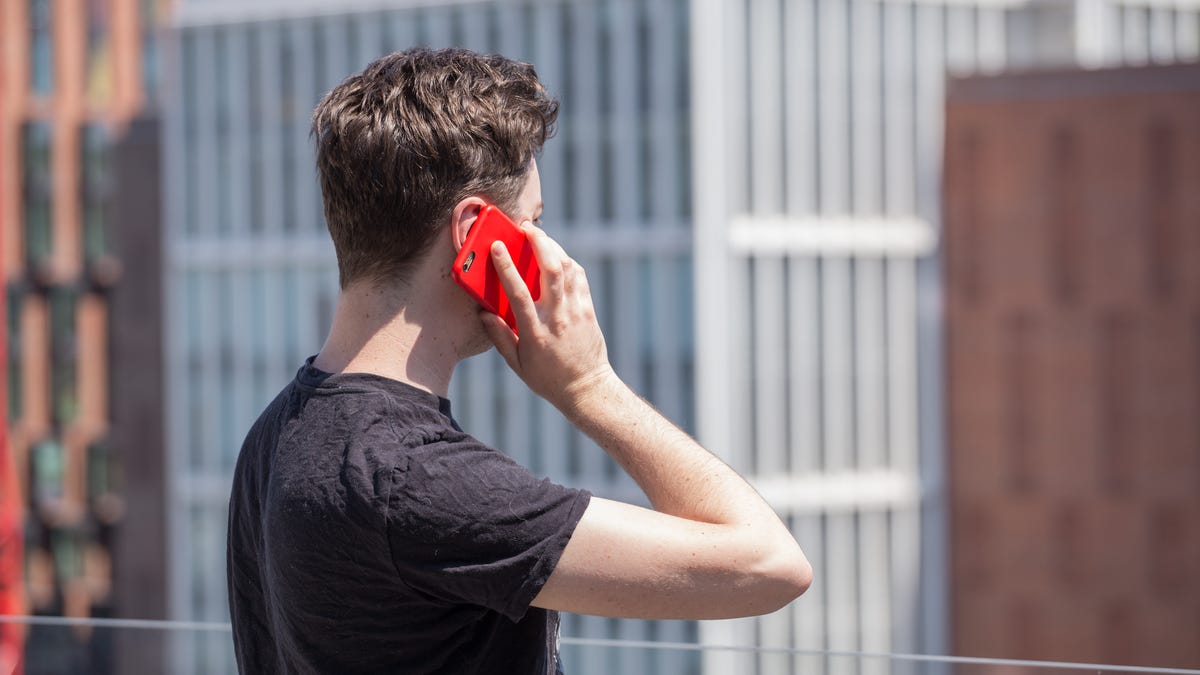Supreme Court decision spells danger for Berkeley cell phone radiation law
Justices tell a lower court to reconsider upholding an ordinance that required retailers to warn customers about wireless radiation exposure.

The US Supreme Court stepped into the long-running debate over wireless and health on Thursday when it vacated a Berkeley, California, law requiring retailers to warn customers about possible wireless radiation exposure.
Berkeley's "Right to Know" ordinance, which went into effect in 2016 after years of discussion, mandated that anyone buying a cell phone in the city receive a notice advising them that by carrying a phone in a pocket or bra, they could be exposed to radio frequency emissions that exceed FCC guidelines for maximum exposure.
Soon after it was implemented, CTIA , the wireless industry's lobbying arm in Washington, sued to block the law, arguing that it violated the freedom of speech of retailers since it required them to post "inflammatory" messages. But in April 2017, the 9th US Circuit Court of Appeals upheld the ordinance saying it was in the public interest and based on FCC information.
As part of Thursday's decision, the Supreme Court returned the case to the lower court for further review based on its 5-4 decision earlier this week in National Institute of Family and Life Advocates v. Becerra. In that case, the majority of the justices ruled that the state of California violated the free speech rights of religiously-sponsored antiabortion clinics by requiring them to inform pregnant woman of all available options of medical reproductive care, including those they morally opposed.
In an emailed statement, CTIA said it's pleased with the decision. "We will continue to assert our position that the First Amendment prohibits state and local governments from forcing retailers to convey the government's message, particularly where that message is misleading, contrary to science, and contrary to the retailers' own views."
Also in an emailed statement, Matthai K. Chakko, Berkeley's communications director, said the city does not think the Court's decision will affect the ordinance. Chakko cited language in the Becerra decision, which said the Court does not question "the legality of health and safety warnings long considered permissible, or purely factual and uncontroversial disclosures about commercial products."
First published June 28 at 6:22 p.m. PT.
Update on June 29 at 9:08 a.m. PT: Adds comment from CTIA.
Update on June 29 at 11:45 a.m. PT: Adds comment from Berkeley.
Security: Stay up-to-date on the latest in breaches, hacks, fixes and all those cybersecurity issues that keep you up at night.
Blockchain Decoded: CNET looks at the tech powering bitcoin -- and soon, too, a myriad services that will change your life.

